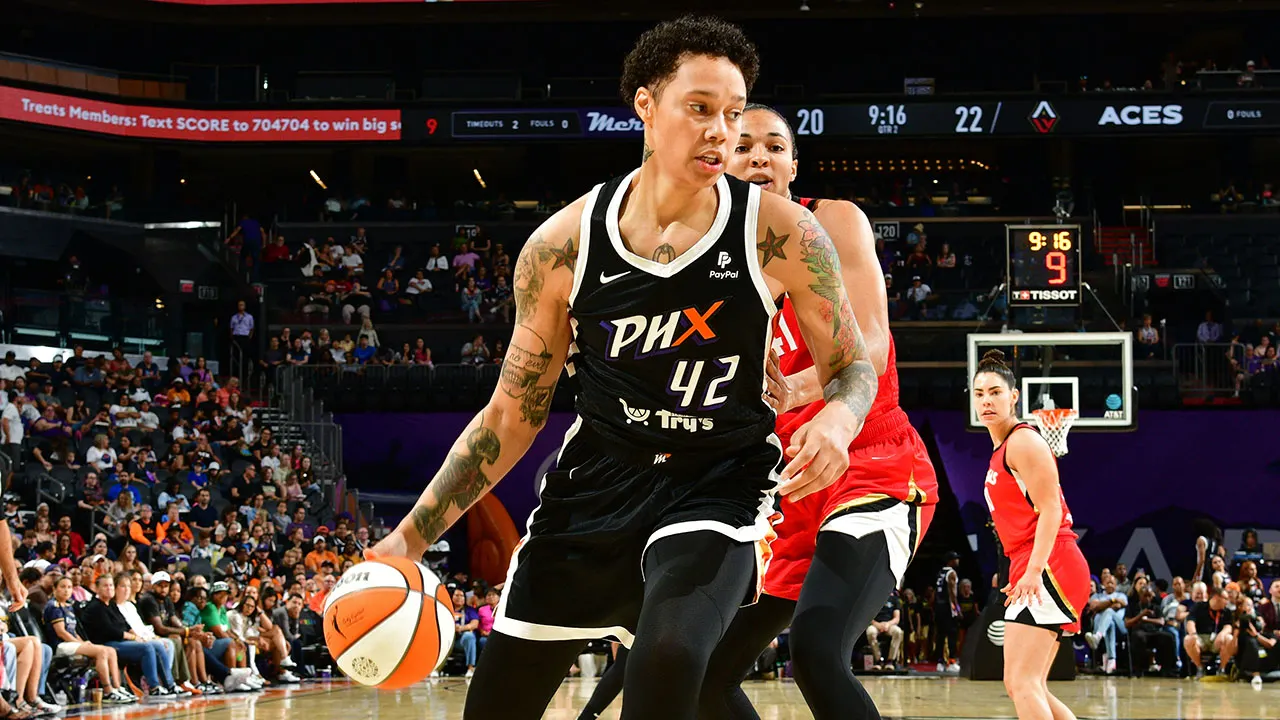Delmaine Donson | E+ | Getty Images
Health savings accounts offer perhaps the best tax perks relative to other investment accounts.
But most account holders use them in a way that dilutes their benefits, data shows.
Just 19% of HSA participants invest their account assets, according to a new survey by the Plan Sponsor Council of America, a group that represents employers. Those investments might be a stock mutual fund, for example.
The rest park their money in cash, treating their HSA like a bank account.
More from Your Money:
Here’s a look at more stories on how to manage, grow and protect your money for the years ahead.
This behavior runs counter to the advice of financial experts: to invest and grow HSA assets as a type of retirement account, like a 401(k) plan, to cover future health costs.
“There’s a fair amount of health care you can expect to pay for in retirement, and this is simply a more efficient way to pay for it,” said Lee Baker, a certified financial planner based in Atlanta and member of CNBC’s Advisor Council.
Why HSAs are ‘perfect’
HSAs are tax-advantaged accounts for health expenses and are only available to consumers enrolled in a high-deductible health plan.
They have a three-pronged tax benefit: Account contributions are tax-free, and investment growth and withdrawals are also tax-free if used for eligible medical costs.

“An HSA is a perfect investment vehicle, if we dare say there is such an animal,” said Baker, founder and president of Apex Financial Services. “You can’t beat it under current tax law.”
There’s a long list of health costs that qualify for HSA use. Even if used for a non-qualified expense, the account’s tax benefit is still like that of a traditional 401(k) or individual retirement account: a withdrawal would be taxed as income.
HSAs don’t carry requirements to “use or lose” the money each year, unlike many healthcare flexible spending accounts.
The best way to use an HSA
The optimal way to use an HSA is by holding cash in the account equal to one’s annual insurance deductible and investing the remainder, Baker said.
Consumers would pay for current health costs out of pocket, if possible, allowing HSA money to grow for the future. In the event consumers have a big health bill, they can use the HSA cash to cover the annual deductible, if unable to pay for it out of pocket, Baker said.
Of course, “that’s just not the reality for everybody,” said Hattie Greenan, PSCA’s research director.
There’s a fair amount of health care you can expect to pay for in retirement, and this is simply a more efficient way to pay for it.
Lee Baker
founder of Apex Financial Services
Most people likely can’t afford to pay out of pocket for current medical bills, so continually draw from their HSAs instead of investing the assets, Greenan said.
“If they need to tap it to pay current health expenses, they’re not using it as an investment vehicle,” she said.
Additionally, about 40% of employers don’t even offer HSA investment options to their workers, according to the PSCA survey. They only offer cash options.
However, there’s a workaround: Unlike with 401(k) accounts at work, employees aren’t beholden to the HSA options offered by their employers; they can open an HSA account elsewhere with a different provider to access investments.
[ad_2]
Source link













